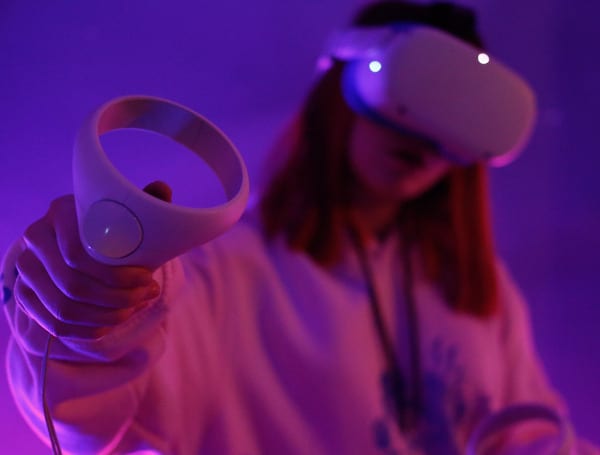In our digital age, the realm of video games has shifted drastically. What was once a solo pursuit or a small-group activity is now a sprawling social sphere that bridges geographical boundaries and cultural divides. It’s not only about being the hero in an epic quest anymore, it’s about forming friendships and building communities around shared passions. Even in places like an online casino, players interact and engage with each other forming friendships that extend beyond the game. This is the social side of gaming, the ability to build connections inside the virtual realm.
Innovations in technology have created gaming spaces where social interaction isn’t merely an afterthought, but a core part of the experience. Games today offer various ways for players to connect and interact with each other. Text chats, voice communication, play together features, game-specific social networks; these are all tools that facilitate player interaction. This bridges the gap between physical distances, creating a vivid social environment within the game.
Performing missions together, solving puzzles, and competing against each other in these digital spaces, players form bonds and establish friendships. These relationships can often extend beyond the game, leading to meetups in real life, phone calls, and even lasting friendships.
The social aspect of gaming is not limited to friendships and interactions between players. Over time, we have seen the evolution of gaming communities. These gaming communities, built around a shared love for a particular game or genre, are vibrant places of discourse and interaction. From forums discussing game strategies and lore to fan art and game development, these platforms create a sense of belongingness and camaraderie.
Gaming and esports events also contribute to the social dimension of gaming. Gamers tend to congregate at conventions and tournaments where shared experiences and interests bring people together. Famous gaming events such as E3, Gamescom, and PAX gather thousands of gamers from around the world.
However, one cannot discuss the social side of gaming without acknowledging the potential negatives. Digital spaces, just like physical ones, can include potential dangers like toxicity, online harassment, and scams. Gamers, particularly the younger demographic, must be educated about the risks and be equipped with tools to handle such circumstances.
Despite these potential negatives, the social side of gaming, on balance, appears to be a positive entity. In a world where modern technology can often lead to isolation — the gaming community offers a beacon of social interaction. It has allowed for the creation of relationships that span continents, has provided an outlet for stress, and serves as a vehicle for creative expression.
The world of video games and gaming culture encourages human connection in a way many people would not expect. Unlike the stereotypical vision of a solitary gamer locked in a room with no human interaction, modern gaming is an incredibly social and communal experience. It’s essential to recognize the significant role that video games now play in connecting people around the world.
Android Users, Click To Download The Free Press App And Never Miss A Story. Follow Us On Facebook and Twitter. Sign up for our free newsletter.



